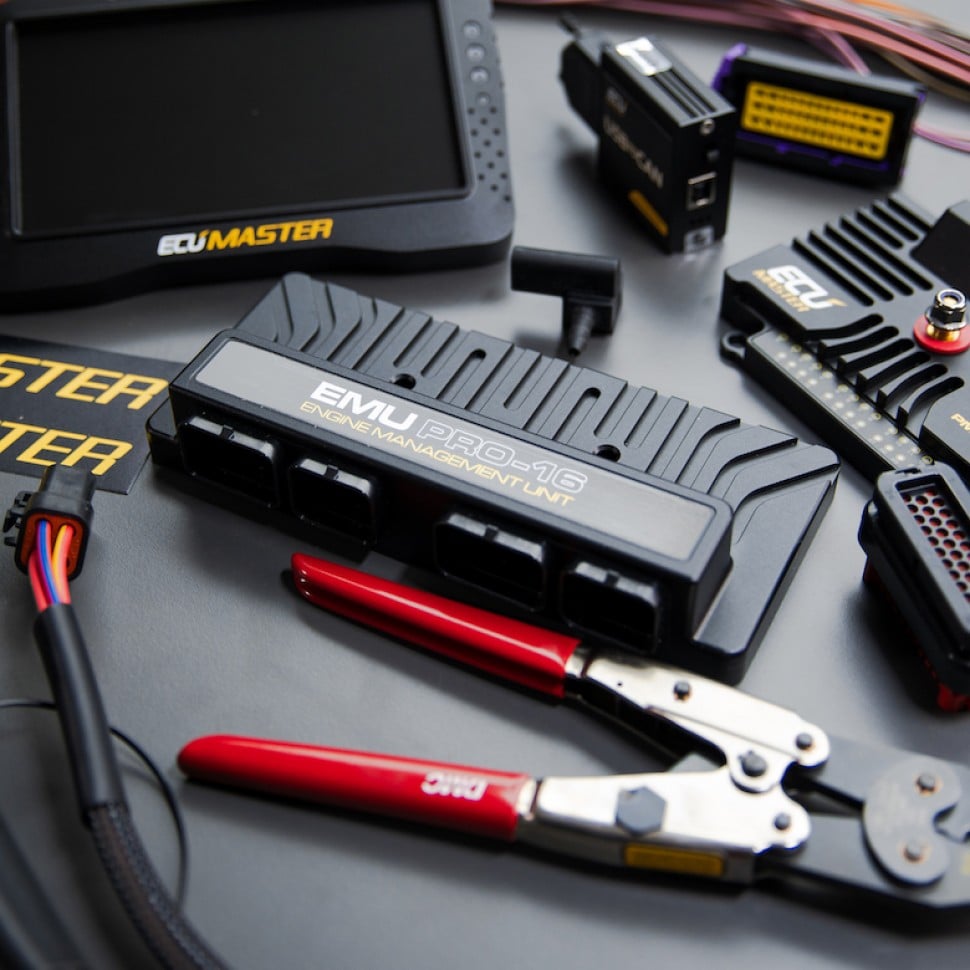Practical Standalone Tuning: Idle Speed Control Settings
Idle Speed Control Settings
02.35
| 00:00 | Once you have the idle ignition and idle mixture under control you'll need to make adjustments to the auto speed control settings in the ECU. |
| 00:07 | This includes idle ops for code starting, [earcon] inputs and power steering. |
| 00:13 | All of the sames to keep a smooth and consistent idle speed with no stalling. |
| 00:18 | This is actually one of the more time consuming parts of any tune, as you want to try and replicate the auto control of a factory car. |
| 00:25 | It also requires the auto speed control to be adjusted at a range of temperatures to ensure good code start performance. |
| 00:32 | Every ECU deals with auto speed control differently and it will also depend on the type of auto control system fitted to your engine. |
| 00:41 | The way we deal with this is the same for all systems, though. |
| 00:44 | We start by choosing a realistic idle RPM target for the engine. |
| 00:49 | This is usually a 2D table and we would expect the auto speed to be 2 to 300 RPM higher at code start temperatures of around 10 to 20 degrees. |
| 00:59 | One mistake I often see is people trying to make an engine idle at an unrealistic RPM. |
| 01:04 | For example, most smolders placement 4 cylinder engines will idle [heckley] at around 750 to 950 RPM. |
| 01:11 | We try to make these engines idle at perhaps 650 RPM which might work well for a large V8 engine but would have trouble with poor running and stalling. |
| 01:21 | Once we've set the title auto speed table, we need to disable close loop control if it's being used and sit the base auto position table so that the auto speed closely matches our target across all operating temperatures. |
| 01:35 | This needs to done from a cold start and normally I would do this once the rest of the tune is complete. |
| 01:41 | When the base position table is tuned we can enable close loop control. |
| 01:46 | This let's the ECU adjust for any discrepancy between the [tiger] auto speed and actual RPM. |
| 01:52 | It's up here as if you find the RPM drops a little low when you rivet and back off the throttle try increasing the base auto position a couple of [peseen]. |
| 02:02 | Depending on your ECU, you may also have adjustments for various idle ups and control over how aggressively the close loop control will chase the tiger RPM. |
| 02:11 | These settings will require adjustment by trial and error until your auto speed control is accurate without any hunting or off sliding. |
| 02:19 | So by the end of this module you should know how to set your mixture and ignition timing are idle. |
| 02:24 | How to spot any Potential Mechanical problems. |
| 02:27 | And how to adjust auto speed control settings in the ECU. |





